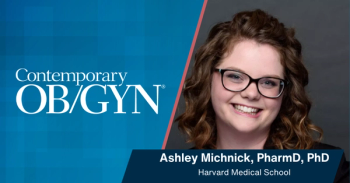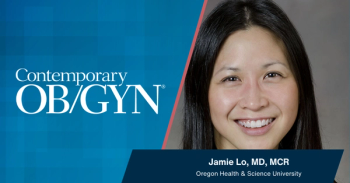
Sign Out: Why we do what we do
Simple information can save millions of newborns?and superstitions can kill just as many.
The Bill and Melinda Gates Foundation is giving $84 million to prevent 4 million newborn deaths that can be so easily avoided-deaths from tetanus, pneumonia, asphyxia, and low birthweight. These are deaths that can be prevented with a sterile razor blade, hand soap, a 25-cent dose of antibiotic, or a 40-cent tetanus shot.
What prevents health-care providers from using these simple tools in many developing countries is superstition. In parts of Bolivia, for instance, they "know" that using a razor to cut the umbilical cord carries a curse-a curse that will lead the child into a lifetime of thievery-so they use a sharp rock. The foundation's money will go toward teaching them to boil the rock.
In India, some newborns are given to older female relatives and fed tea for 3 days. The grant would provide education on the importance of exclusive breastfeeding for the first 3 days.
In the Nepalese Himalayas, they scrub premature babies with cold water and soap and leave them on a cold floor to dry.
The two organizations that are receiving the grant money are Save the Children and PATH, a Seattle-based group. PATH workers will be teaching mothers "to wipe babies clean, wait 3 days before the first bath, keep babies cuddled next to the skin and breastfed." One study suggests that this kind of "kangaroo mother care" has cut death rates among India's premature infants in half. The Save the Children initiative will provide simple remedies, including topical antiseptics and moisturizers to help combat severe infections, breathing problems, and complications of prematurity. It will also improve access to skilled midwives and provide education on proper hygiene, the need for skin-to-skin contact to provide warmth, and breastfeeding.
Here in the United States, it's so easy to take our own education for granted, and to take our easy access to soap and cheap antibiotics for granted. And it's so easy to forget what a privilege and sacred trust we have as clinicians and medical journalists to pass on what we know to others. In my 20+ years as a medical writer and editor, I've reached millions of clinicians with valuable-sometimes life-saving information-and have had requests for reprints from around the world. It may sound like a cliché, but that kind of job satisfaction can never be replaced by a mega salary.
Newsletter
Get the latest clinical updates, case studies, and expert commentary in obstetric and gynecologic care. Sign up now to stay informed.









